NTARC Major Crash Investigation 2024 Report
Human Factors causing most Heavy Vehicle accidents, some preventable with AI solutions. The Major Crash Investigation 2024 Report from National...
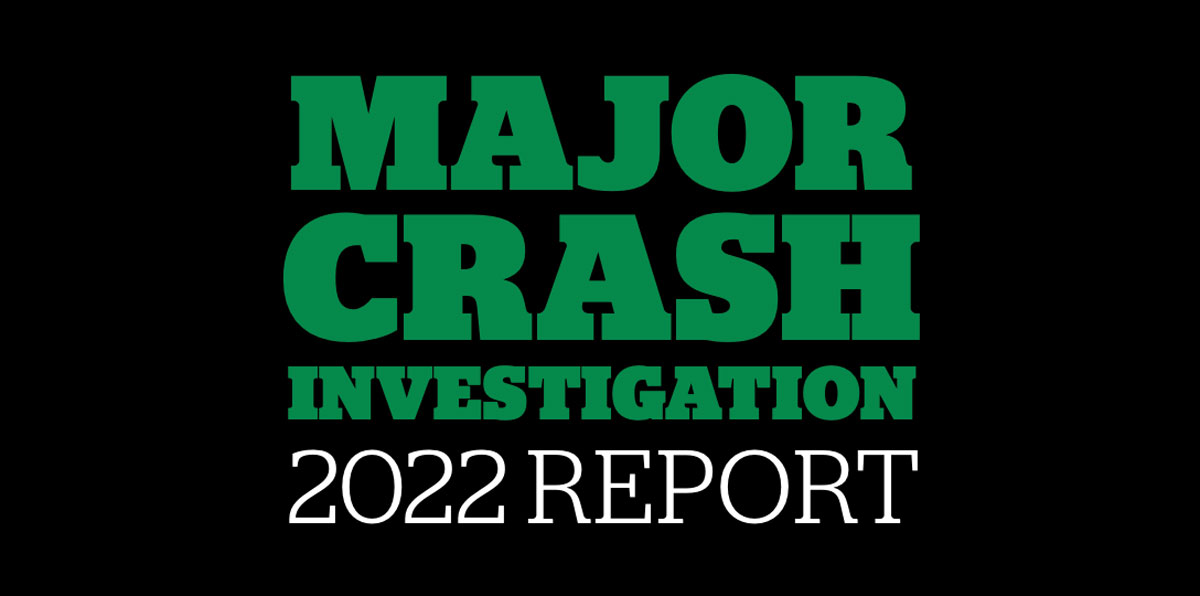
NTI NTARC Major Crash Investigation 2022 Report
The Major Crash Investigation 2022 Report from National Transport Insurance (NTI) and the National Truck Accident Research Centre (NTARC) is a mixed bag. There have been some great gains made in some areas with some measures having an impact – however some alarming figures in other areas.
It highlights the need for a greater safety focus on all contributing elements of crashes – and within the control of fleet managers and truck drivers – to ensure improved safety outcomes.
Here are the key out takes.
Fatigue and inappropriate speed
Human or Driver Error is the major cause of crashes caused by trucks at 42.5% and has doubled since 2015.
When combined with inappropriate speed and fatigue, the All Human Factor causes two out of three serious crashes. (See Figure 4)
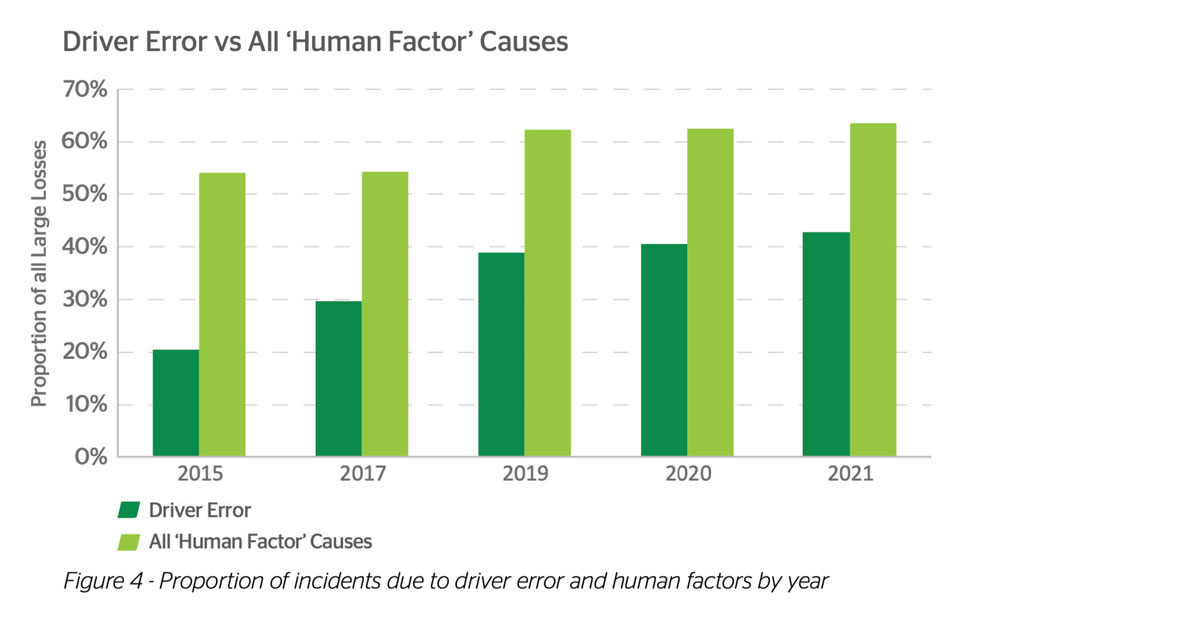
As shown in Figure 5 (below), the top five causes of ‘human factors’ crashes were:
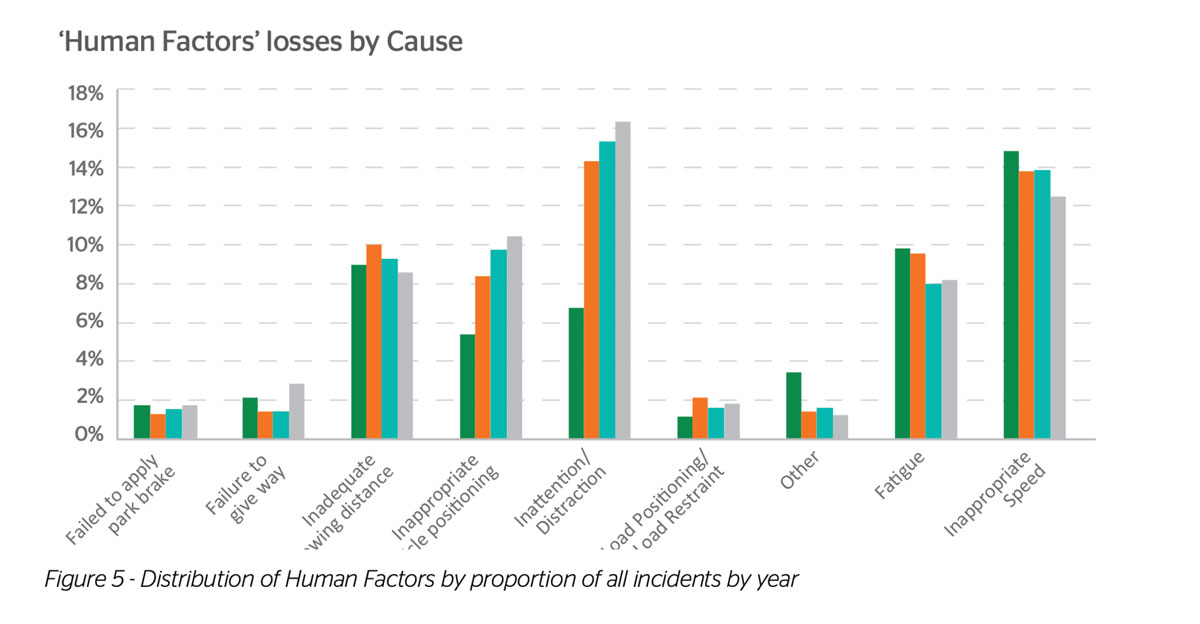
The report calls for better understanding of the drivers working environment to support better outcomes. However, a number of these factors can be addressed through Driver Behaviour, Fleet Management and Speed Limiting solutions like that offered by SGESCO-MAX and MiX Telematics offerings.
The trucking industry has long touted the fact that in the majority of heavy vehicle related fatalities, truck drivers are not at fault. At SGESCO-MAX, we strongly promote this statistic in support of drivers doing a difficult job in difficult circumstances.
In 2015, this figure was around 93%. In 2021, however, it was 70%!!
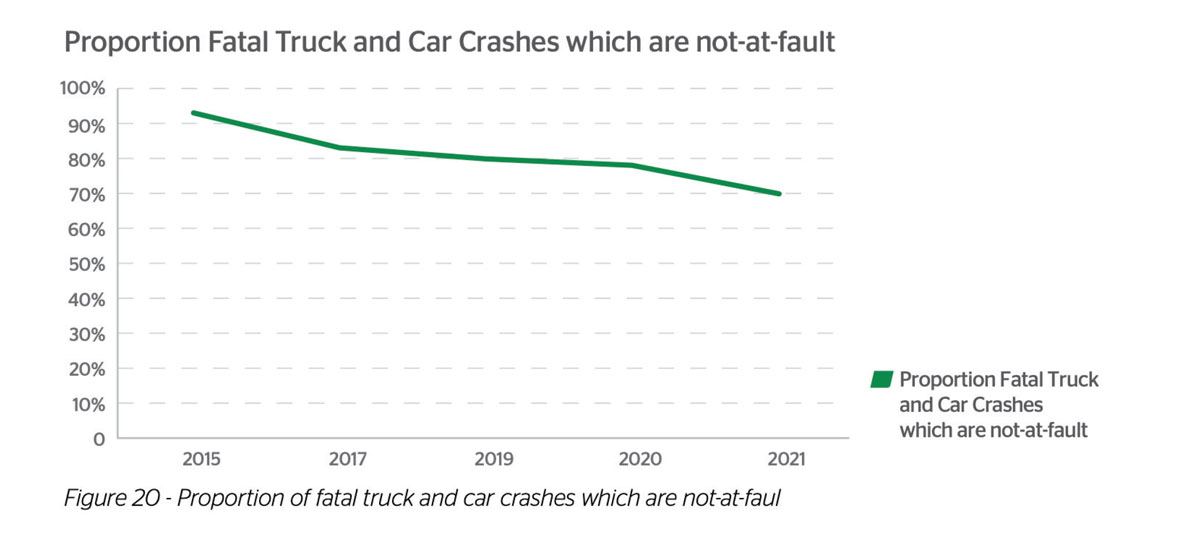
The report noted that trucks were responsible for 65.3% of non-fatal car and truck crashes, which is consistent with previous years.
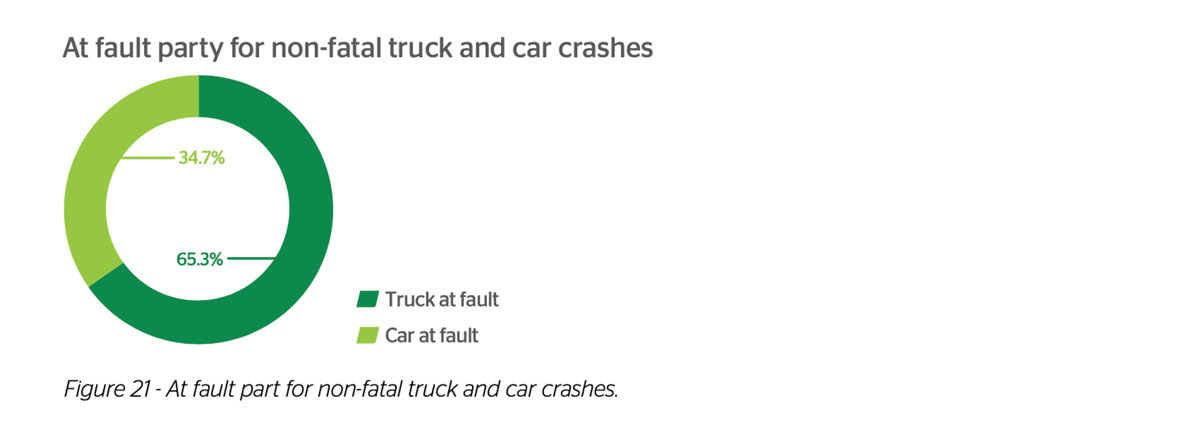
These two factors underscore the need for greater safety measures, training and technology be adopted by heavy vehicle fleets and businesses to reduce the road toll.
Aside from the human cost of life or injury, the damage to property and and insurance premiums, such accidents cause major traffic and business delays, impacting our economy.
Nearly 60% of heavy vehicles involved in crashes are Fleet Vehicles, 28% SME Business and just over 12% are Owner Drivers.
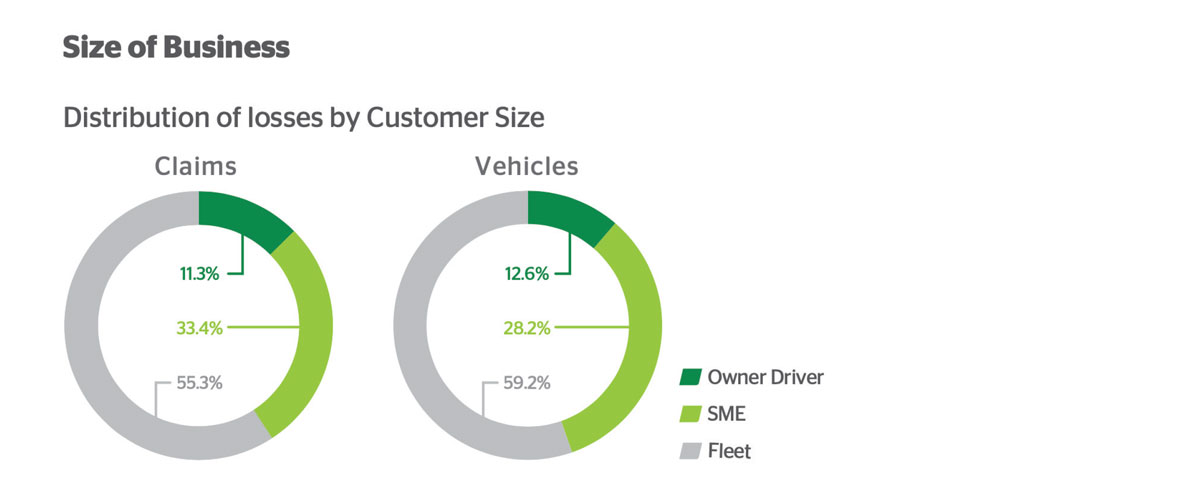
SGESCO-MAX has a range of solutions designed to make trucks safer by removing human error from the equation.
These solutions include lidars, radars and cameras to detect and warn drivers of nearby vehicles, fixtures, and vulnerable road users.
They include audible alerts and alarms inside and outside of the vehicle.
They include active braking to stop a vehicle before a driver has time to react – and to stop a vehicle from rolling away if the park brake is not applied properly.
Given the alarming at fault and human error statistics we encourage fleet managers and heavy vehicle owners to get in touch to protect people, property and their premium. The Heavy Vehicle Crashes 2022 Report is a wake-up for us all.
Contact us today.
The full NTI NTARC Major Crash Investigation 2022 Report can be found HERE.
*Where the driver of the vehicle has active control of the vehicle and causes the vehicle to interact with a hazard which is either known to the driver or readily apparent. Common elements in Inappropriate vehicle positioning crashes include striking awnings and other structures, dropping into culverts, off weighbridges or otherwise failing to keep the vehicle on the roadway and rollovers as a result of ground movement during earthworks.
.png)
Human Factors causing most Heavy Vehicle accidents, some preventable with AI solutions. The Major Crash Investigation 2024 Report from National...
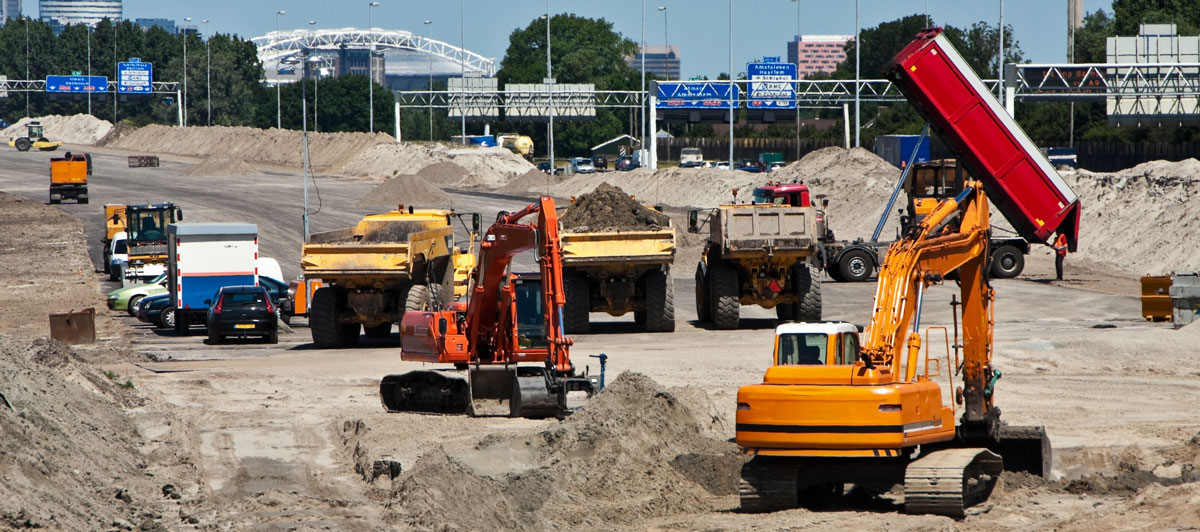
Last year SafeWork Australia released a newguidefor the construction industry to reduce the risk of traffic accidents and fatalities caused by...
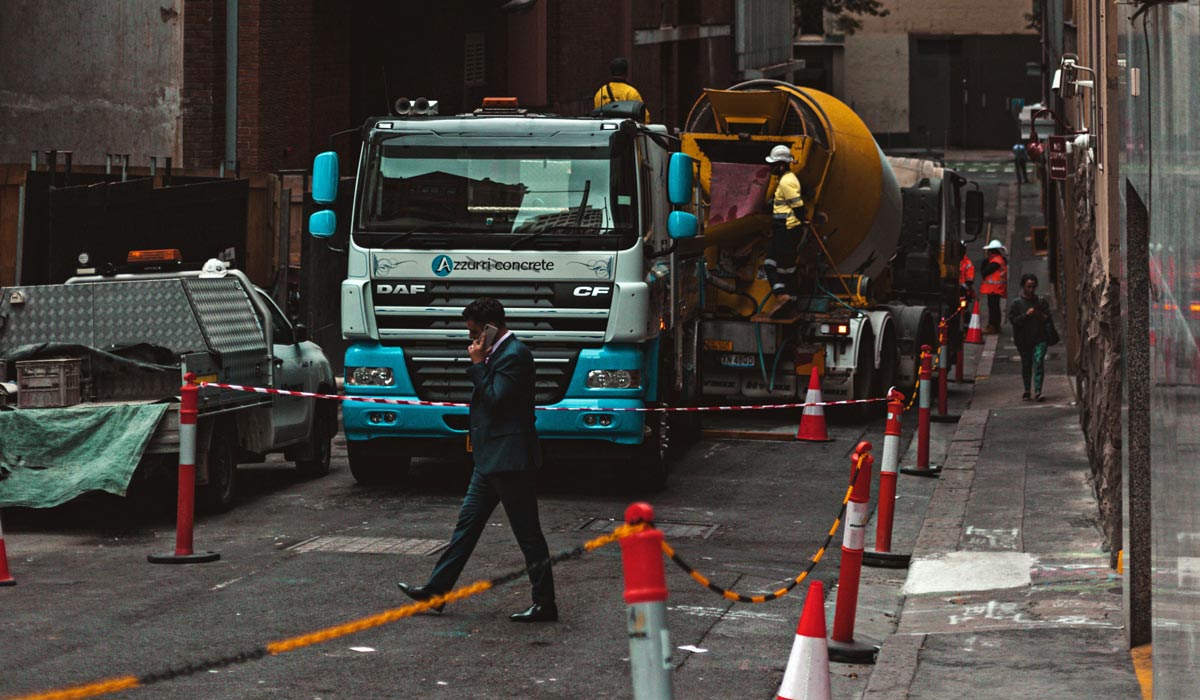
Australia’s heavy vehicle fleet will likely undergo a major transformation in the next decade to meet a number of road safety and climate objectives.